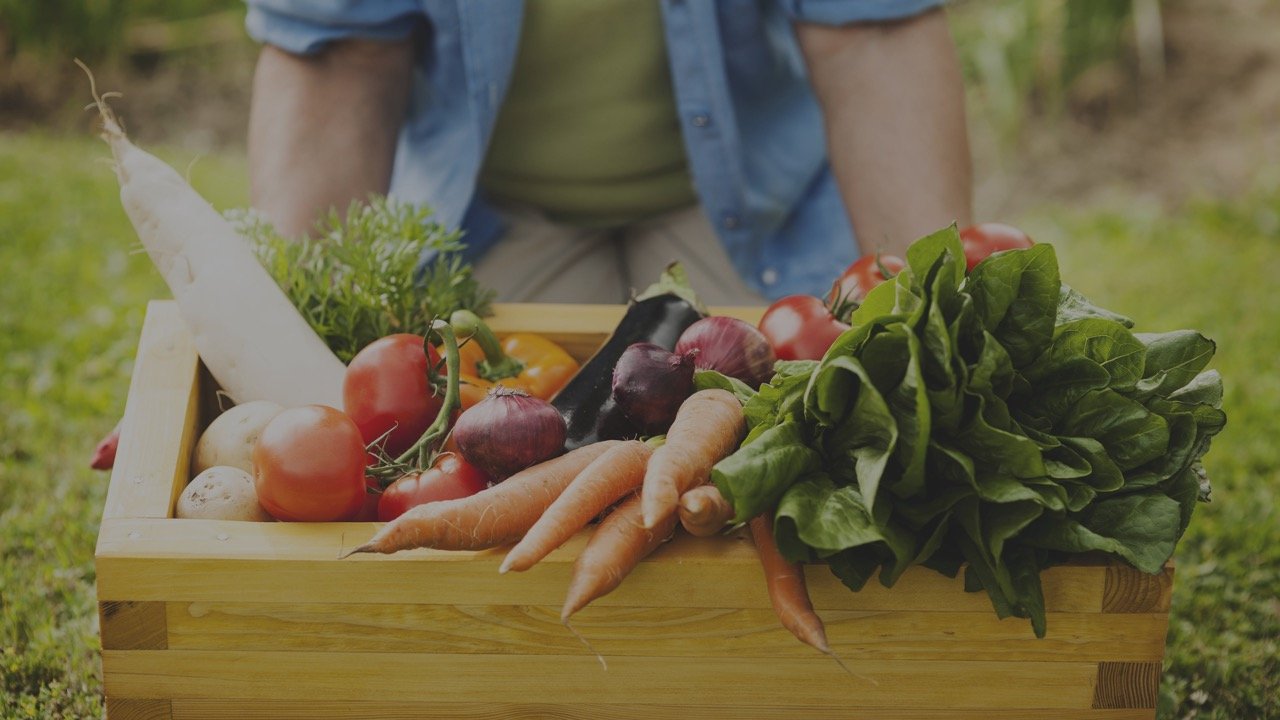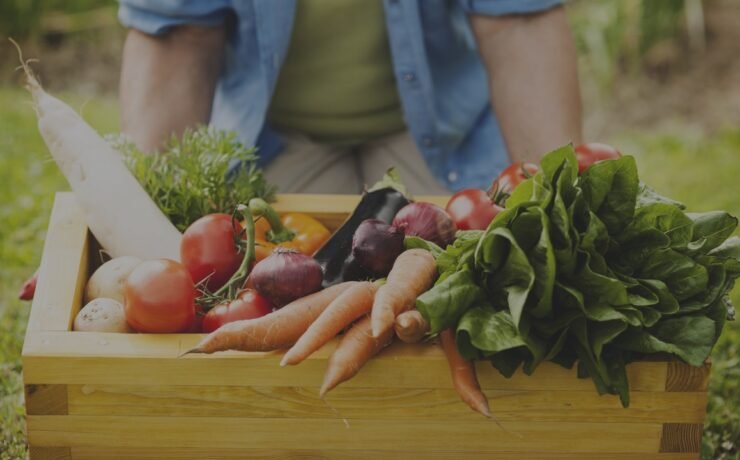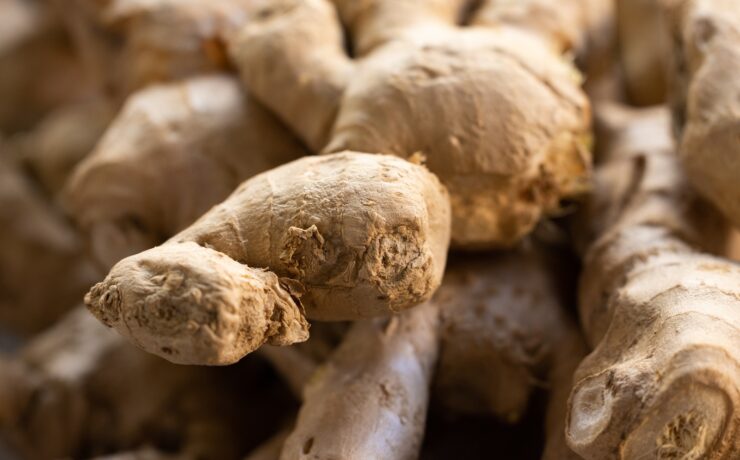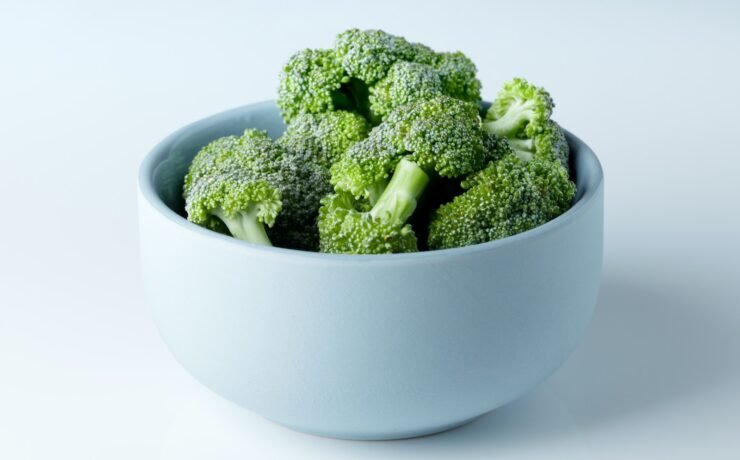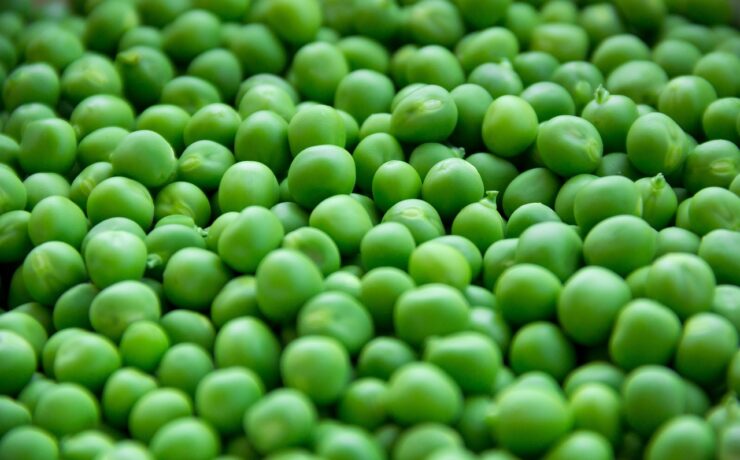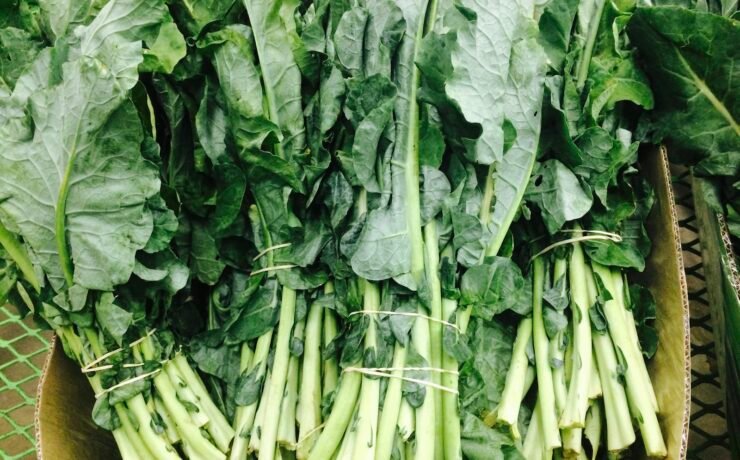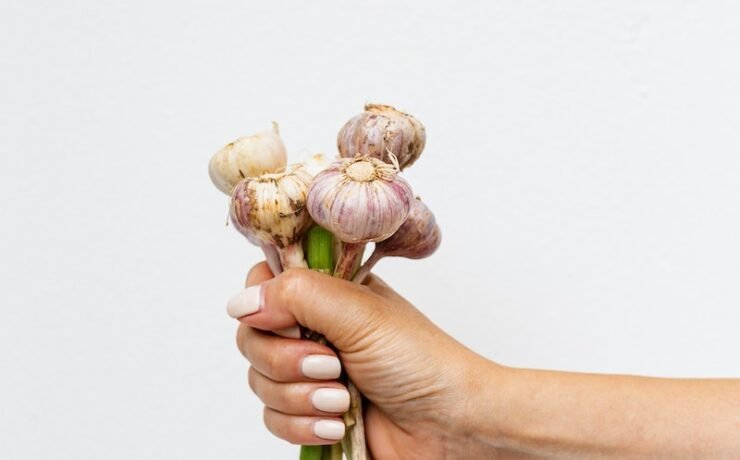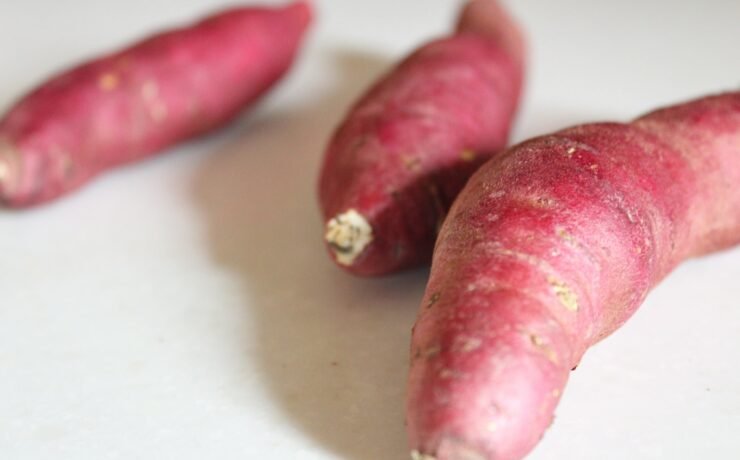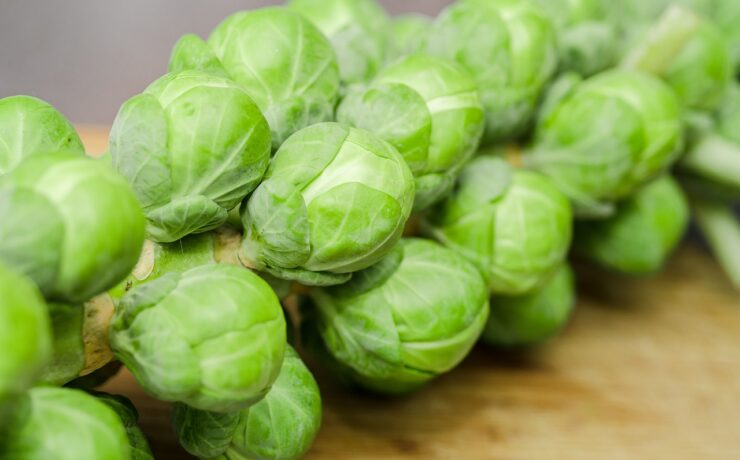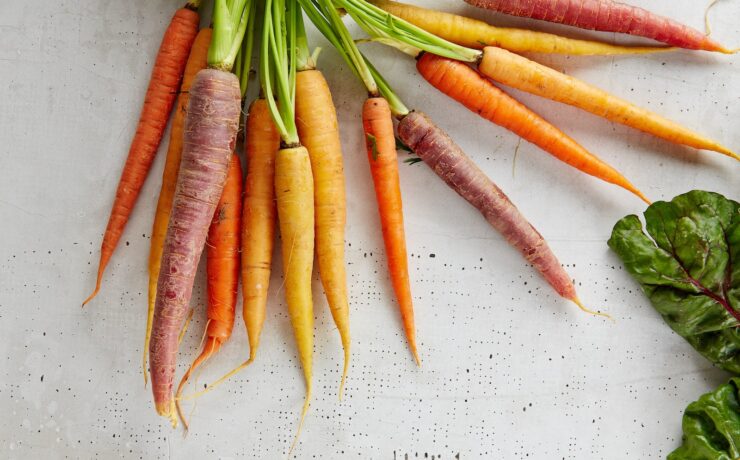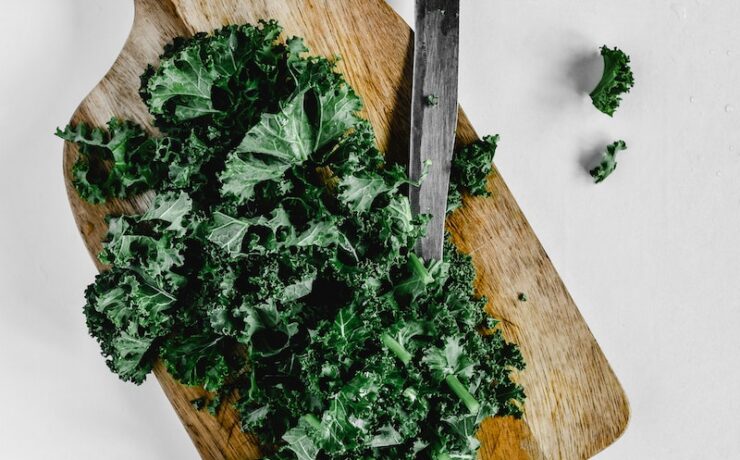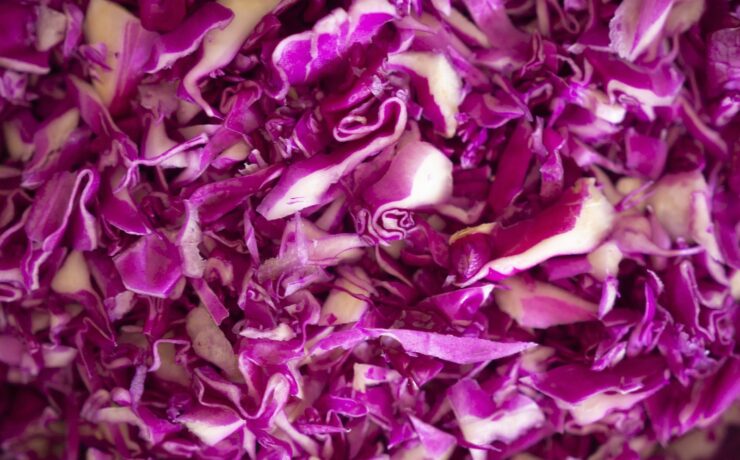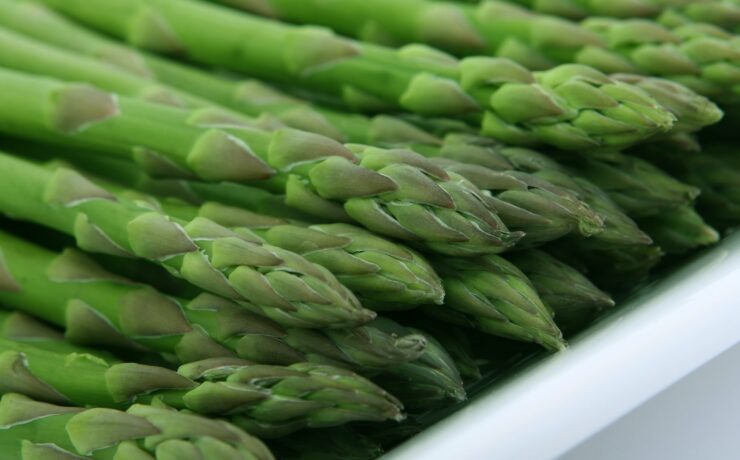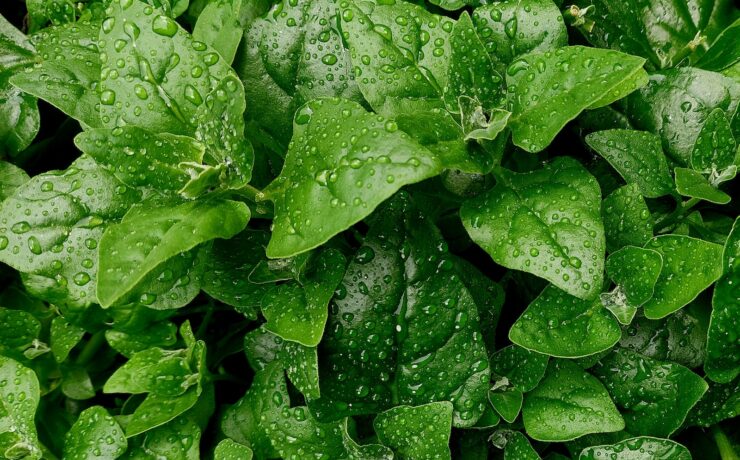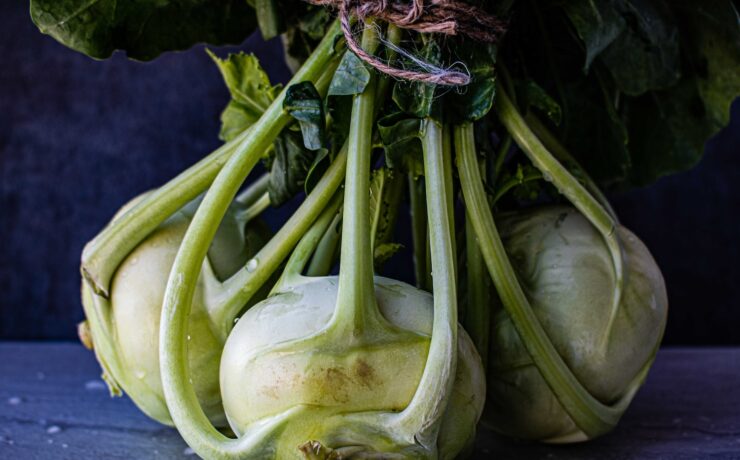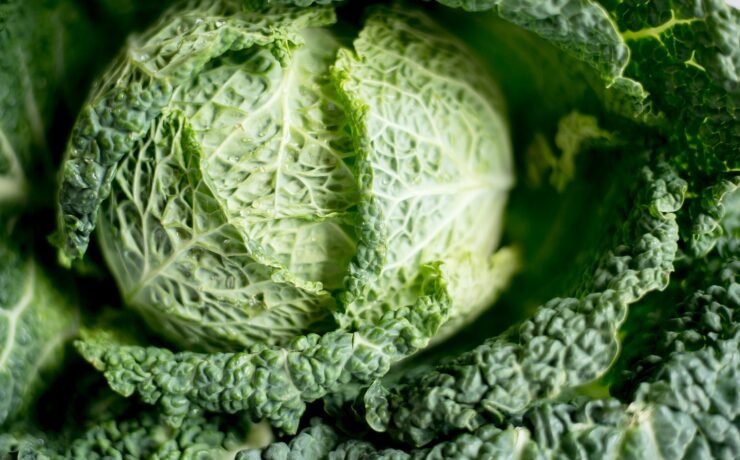Proper nutrition and a healthy and balanced lifestyle are essential for well-being. Naturally, this alone is not enough; it is essential to maintain regular physical activity, accompanying it with the proper rest.
But when can a diet be defined as correct? There are no absolute rules but guidelines that all nutritionists underline, in particular, the need always to include seasonal fruit and vegetables in one’s diet.
Always remember this when you go shopping; it’s essential! Among these vegetables, some are exceptionally nutritious and positive for health thanks to their nutritional elements. Discover them: visit the Gallery!
When is nutrition correct?
Proper nutrition and a healthy and balanced lifestyle are essential for well-being. Naturally, this alone is not enough; it is essential to maintain regular physical activity, accompanying it with the proper rest.
But when can a diet be defined as correct? There are no absolute rules but guidelines that all nutritionists underline, in particular, the need always to include seasonal fruit and vegetables in one's diet.
Always remember this when you go shopping; it's essential! Among these vegetables, some are exceptionally nutritious and positive for health thanks to their nutritional elements. Discover them: click on the arrows of the photo to continue reading.
Source: © Freepik / gpoinstudioGinger
Ginger is a potent anti-inflammatory that helps lower blood sugar. However, the extraordinary advantages of ginger do not end here: it reduces cholesterol, relieves menstrual pain, and promotes digestion. Use it often for your preparations; it will help you a lot.
Source: © Pexels / Engin AkyurtBroccoli
Broccoli, when consumed regularly, reduces the inflammatory risk. In addition, they are rich in antioxidants and fibers that promote digestive function, quenching the appetite.
Source: © Pexels / Oliver SchulzPeas
Rich in fiber, they are allies of good digestion. In addition, they offer antioxidant and anti-inflammatory substances that contribute to lowering the risk of developing cardiovascular diseases.
Source: © Pixabay / ha11okChard
Chard is a leafy green vegetable and, by definition, contains calcium and vitamin K, both of which are important for strengthening bones and teeth.
Source: © Pexels / Stella SchaferGarlic
It is one of the most used foods in the world to flavor many dishes. In addition to the taste, garlic offers us countless benefits: antibacterial, antifungal, and antiviral functions. It also helps lower blood pressure and strengthens digestion.
Source: © Pexels / Karolina GrabowskaSweet potato
Even sweet potatoes, like carrots, are rich in beta-carotene, which lowers the risk of cancer. In addition, they contain a unique mix of antioxidants, vitamins, fiber, and minerals and are free of cholesterol and saturated fat.
Source: © unsplash / Rens DBrussels sprouts
Brussels sprouts contain large amounts of kaempferol, an antioxidant with an antioxidant action on cells. They also have vitamins A, C, and E.
Source: © Pixabay / SkitterphotoCarrots
The name almost says it; carrots are rich in beta-carotene and vitamins with antioxidant and immune system-strengthening properties. The benefits are not finished: they are diuretic and purifying. If eaten raw, they can improve intestinal health.
Source: © unsplash / Gabriel GurrolaKale cabbage
Also known as kale, this incredible vegetable offers us antioxidants and many vitamins, A, K, and C, that reduce cholesterol and blood pressure. They are also valuable in reducing fat absorption and regulating blood sugar.
Source: © Pexels / Eva BronziniRed cabbage
In red cabbage, vitamin C, fiber, and anthocyanins help reduce cholesterol levels, protecting the heart and liver. It also has an antioxidant effect and strengthens the immune system.
Source: © Pexels / ALLAN FRANCA CARMOAsparagus
Did you know that many traditional cures and treatments contain asparagus? The benefits they have in store for us have been known for a long time: they are rich in fibers that strengthen intestinal functions and digestion and protect against colon cancer. In addition, the many flavonoids they contain are valuable in stimulating kidney function.
Source: © Pexels / Robbie Owen-WahlSpinach
Thanks to the many antioxidants that reduce the risk of hypertension, spinach should always be part of a healthy and balanced diet. They counteract free radicals, strengthen the cardiovascular system and protect the skin and eyes.
Source: © unsplash / Phillip LarkingKohlrabi
Even kohlrabi is valuable in reducing blood sugar and contains many vitamins C and fiber, which support digestive action and maintain correct gastrointestinal function.
Source: © unsplash / The Matter of Food


